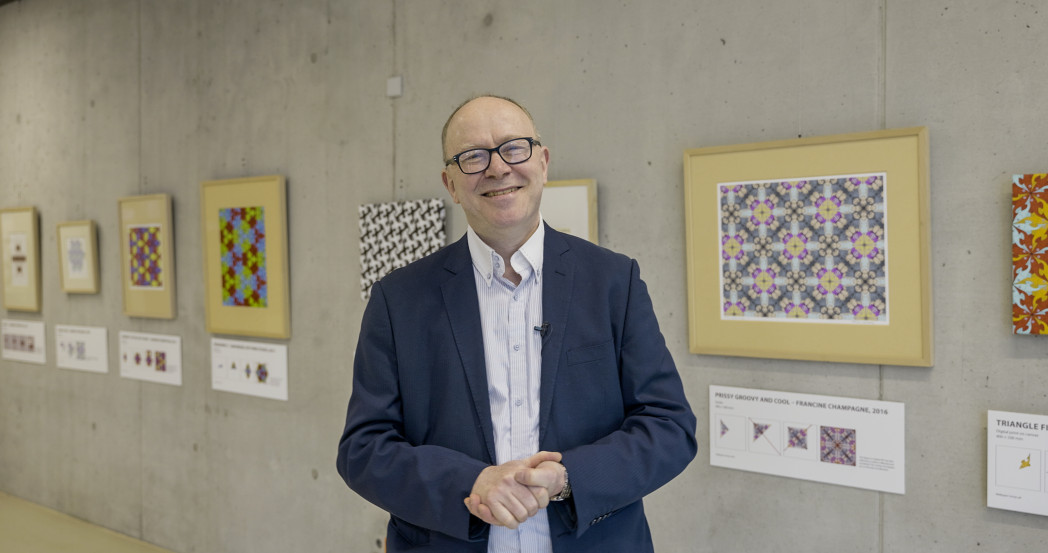Mathematics, from research to the classroom
By Giulia Maria Marchetti

ERME has played a crucial role in advancing mathematics education research across Europe. What do you see as its biggest impact so far?
ERME, the European Society for Research in Mathematics Education, has been extremely important to bridge research on this topic across nations. Some years ago, when ERME was founded, research on mathematics education appeared to be rather independent among European countries, with researchers not knowing what their colleagues in other countries were doing. At present, we are not only a European, but also an international community of researchers that share theoretical frameworks, methods, and results and work together to improve this field.
What are the most pressing challenges in mathematics education today and how can research help overcome them?
Mathematics, especially school mathematics, is of huge importance to individuals today. Your school performance in mathematics largely impacts your success in further education and in work life. Because of this, the imbalances and biases that are present when students face mathematics in school are mirrored in their future life. Making mathematics accessible to all students is therefore instrumental to society, education, but also justice. This makes mathematics education research of very large importance to the lives of people and to the well-being of society.
What emerging research areas in mathematics education do you think deserve more attention in the coming years?
Mathematics education research faces many exciting challenges that are new to our time. One of them is of course the role computers and computational thinking have in society and, therefore, potentially also in the teaching of mathematics. Professional and applied mathematicians nowadays naturally use computer technology to work with mathematical questions and problems. We are now in the process of learning more about how computational thinking can affect and improve school mathematics, but there are still many unanswered questions, which we are trying to work on at this very conference.
How do you think mathematics education research can bridge the gap between theory and classroom practice more effectively?
In mathematics education, we are faced with the duality between developing new knowledge and putting that knowledge into practice. One may think that there is not much distance between mathematics education research and classroom teaching, but there actually is. Our challenge is to properly integrate the work of teachers with the one of researchers, making research meaningful and useful to teachers.
In your opinion, what are the most exciting recent developments in mathematics education research?
While mathematics education research at first focused on more narrow topics, such as the classroom dynamics around a specific topic, our research now addresses also wider topics, like what topics should be taught in school, at which grade and what new developments should be integrated. This is one of the main themes of this conference, the curriculum problem.
And I think this is very important to connect with society: not just to teach developed techniques to teach traditional mathematics, but also to keep working having in mind these questions “What is mathematics really important for and how can we make it accessible to all?”
How can policymakers better integrate findings from mathematics education research into national curricula?
The work of policymakers and researchers is often institutionally separated, but there needs to be an effort on both parts to collaborate so that the results from research can be used in policy making. It's the responsibility of both parties to make that happen so that the curriculum reforms proposed by politicians are made based on the knowledge gained from the research on the topic.